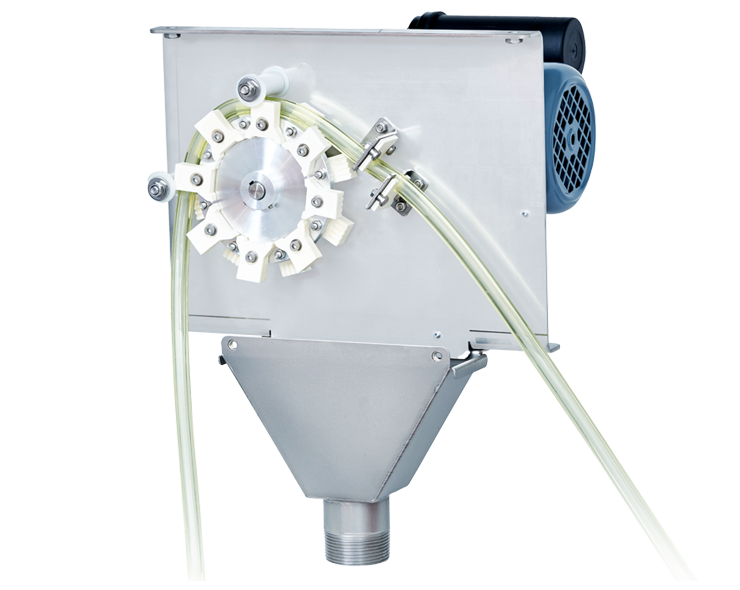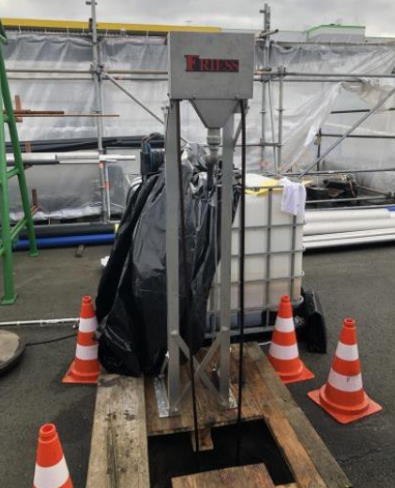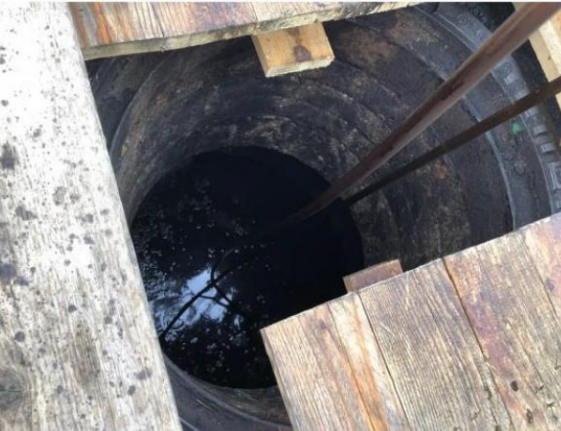FRIESS Oil Skimmers in Biodiesel Production
In the production of biodiesel from rapeseed oil, it occurs that the crude oil as well as the final product gets into the waste water system. One such producer experienced problems with this situation, as the discharged wastewater had to comply with the regulations of the local communal wastewater treatment plant.
The Problem
At peak times, when particularly large amounts of oil and biodiesel are found in the waste water stream, there is a possibility that the oil separator in the sewer system is not able to retain the quantities of oil that occur. In addition, a lot of money is paid for suction truck operations to regularly remove the oil from the separator. Thus, the current situation was not satisfactory. For these reasons, a solution was sought to constantly remove the accumulating oil. On the one hand, this would prevent the separator from being unable to retain oil due to excessive quantities, and on the other hand, the oil could be collected and disposed of or recycled by the company itself – a far more cost-effective alternative than ordering the suction truck.
The Solution

This concept perfectly applied to an oil skimmer. The oil skimmer can act without much supervision and can remove the oil that builds up in the oil separator. The removed oil would then be discharged into a provided IBC.
To test whether skimming the floating phase with an oil skimmer using an oil collector tube is possible, and whether it provides the desired results, an oil skimmer model 1S mounted on a frame was used on the oil separator. The oil skimmer operated continuously, removing oil and grease that had entered the wastewater stream.
After a short period of time, it was clear that the oil skimmer was removing considerable amounts of oil and grease. This was shown by the steadily rising level of oil in the IBC. Occurrences of exceeding contamination limits at the downstream gauging station also decreased.
Result
Initial concerns that the oil collector tube would have a very short service life, as organic oils and greases often behave very aggressively towards plastics and can lead to swelling, proved to be only partially justified. While some loss of stiffness of the oil collector tube was evident as well as some discoloration, this did not affect the removal capacity, nor did it negatively affect the oil skimmer in any other way. An average service life of approximately 6 months was achieved.
 At a gutter in the production hall.
At a gutter in the production hall.
 In the tank farm.
In the tank farm.
Since a proof-of-concept now existed, the oil skimmer was bought by the company. Further tests are now being carried out at other locations in their production site in order to relieve the wastewater flow from oil before the separator, and to remove the oil and grease as close to the source as possible. Currently, two more locations are being tested with the oil skimmer:
- At a gutter in the production hall. From there, a pump is used to pump the wastewater with the floating phase towards the oil separator. Skimming in this area would relieve the grease separator.
- In the tank farm, where there is a drain channel in which escaping grease and oil collects.
The aim here is to relieve the separator to such an extent that the oil skimmer no longer needs to be used at the separator at all, as this is the last opportunity to remove the oil and grease before it enters the public sewer system.
